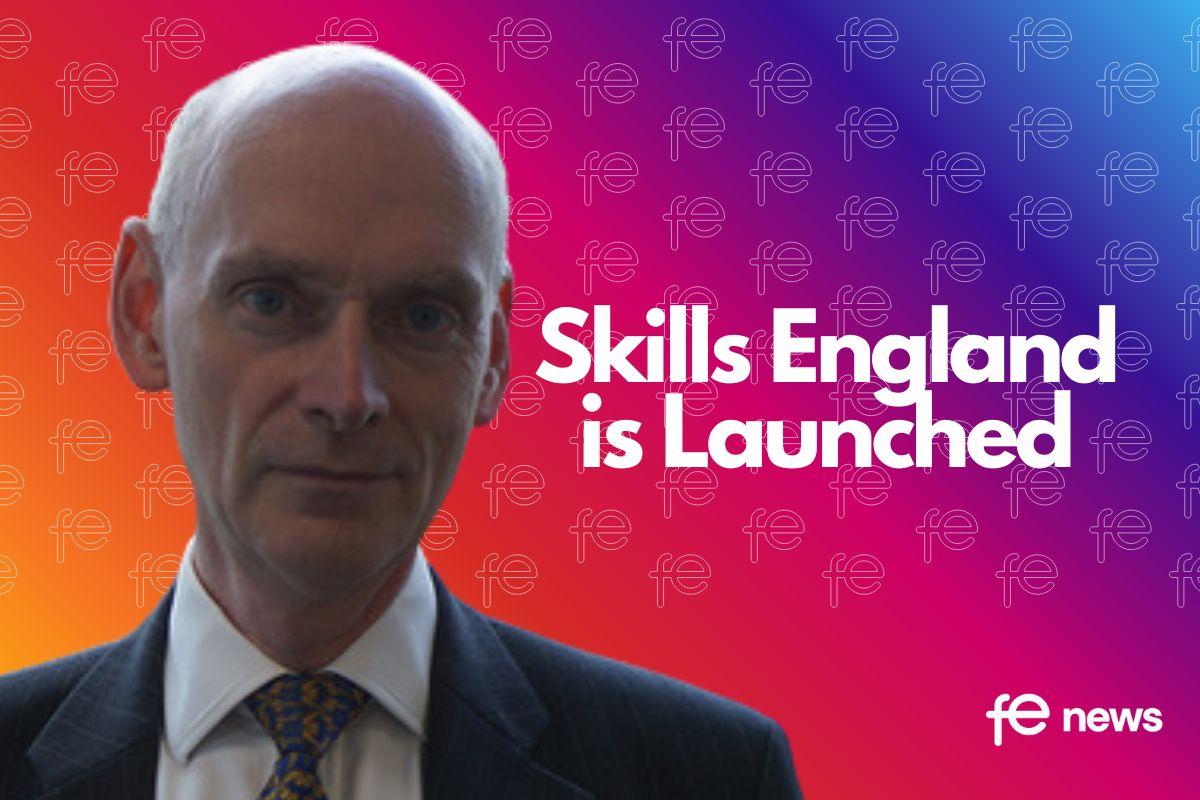Employability in the ‘new world’

Recap – Not many years ago, UK employability professionals led the world, along with colleagues in countries like Australia, America and Holland.
Underpinning remarkable labour market resilience, tens of thousands of unsung professionals helped millions of socially disadvantaged jobseekers and precariously employed workers to progress in life and work.
Then an implosion happened. Political mud slung at the ‘flagship’ Work Programme stuck, and tabloids told employability professionals that their work was ‘worse than doing nothing’; damaging staff morale, hindering customer recruitment and disengaging employers.
As a consequence, instead of correcting the programme’s commercial flaws and building on its really very successful performance, the government cut employment services by around 80%.
Within around five years we went from having 70,000+ outsourced employability professionals, to close to 15,000; there was an outpouring of talent and expertise that compounded the effects of Local Authorities having to cut their employment teams, and there was a shift to more reliance on Housing Associations and Skills Providers to take up the employability agenda.
Beneath the headlines
Yet, despite an apparent ‘jobs miracle’, unemployment (and economic inactivity) hadn’t actually been solved:
- there were still troubled estates and generational unemployment hotspots;
- half of ‘NEET’ young people didn’t engage with Jobcentre Plus (JCP), remaining ‘hidden’;
- BAME groups and lone parents remained less likely to be in work;
- numbers of people with no qualifications and low skills stayed stubbornly high;
- productivity kept falling;
- precarious employment kept climbing, and: the government’s own target to support one million extra disabled jobseekers into work had to be extended over ten years.
Some curious policy decisions also complicated matters:
- the Department for Work and Pensions (DWP) stopped JCP performance reporting, so that outsourced and government run services couldn’t be compared (like-for-like);
- government expanded JCP, investing heavily in virtual nationalisation of much of the sector, and
- we heard no more of the DEL/AME switch, the departmental budget mechanism enabling performance-related reinvestment in employment services.
Coronavirus
Then, Covid-19 happened.
Within a week or two of the first lockdown starting, it became clear that we were in for a massive increase in unemployment and would urgently need to rebuild the sector.
But could we see this as an opportunity to rebuild it even better than before?
Employment Response to Coronavirus
In July 2020, DWP launched its tender for a nationwide Commercial Agreement for Employment and Health Related Services (CAEHRS), notified to be worth £7.5 billion over 5 years. This accompanied some extraordinary measures, including:
- furlough schemes;
- a promised ‘Kick Start‘ programme for younger people;
- a national digital employment programme, and
- other short-term commissioning responses.
The DWP Commercial Strategy was also almost simultaneously released, stating that: ‘(DWP) will work with the other government departments, employers, colleges and skills suppliers locally on an ongoing basis (to) develop alignment between the employment and skills systems.’
A really significant statement. After more than a decade of ministers talking about it, wholesale integration of employment and skills services might finally be realisable.
A few days later, a pipeline notification was also announced, for a new, £1 billion employment programme, to help long-term unemployed jobseekers into sustained employment.
These were welcome announcements. Concerned sector leaders had recommended them in the report ‘Employment Response to Coronavirus’ 1.
Employability in the ‘new world’
Digital, telephone, video and online working practices expanded dramatically during the lockdown, and ‘social distancing’ measures produced seismic changes in how we live and work.
However, I’d like to consider a couple of approaches that also have potential to powerfully reset employment services for the post Covid-19 world:
First, DWP works in more clearly defined partnerships with the Department for Health (through the Work and Health Unit), ESFA, Mayoral and Devolved Authorities, Combined Authorities, and LEPs to design, commission, evaluate and coordinate post Covid-19 employment programmes through CAEHRS.
There is a huge opportunity now, to make devolution meaningful for employment services, and subsidiarity real. But, without DWP engaging in deeper partnerships, we are unlikely to see meaningful engagement of Devolved Authorities with the CAEHRS framework, where there is most scope to integrate and align national and local employment services.
A good start would be for DWP to replace its Dynamic Purchasing System (DPS) with directly commissioned, local services. Smaller providers struggle to register on the BASWARE system and to operate the DPS, and although more Flexible Support Funds are needed (especially for Sector Based Work Academies, Rapid Response to Redundancy provision and targeted support for disadvantaged groups) JCP could buy these directly, without the cost and bureaucracy of the DPS.
Using a simplified third tier of the CAEHRS Framework to call-off local programmes would allow employment funding to be better targeted, and eliminate system duplication, bureaucracy and unnecessary costs for both commissioners and providers.
Second, commissioners and providers find ways to coordinate funding for support related to employment, health and skills services, delivering them through combined ‘Personal Employment Accounts’.
If solutions were well designed, well delivered and carefully monitored, they would give individuals the freedom and flexibility to buy the right services at the right time for them, in their journey towards sustainable employment.
Key Workers (especially Employability Professionals) would help individuals to decide what they need; whether vocational training, Microsoft certification, a CSCS card, driving license, travel fares, childcare, work clothes, or help with other reasonable cost items acting as barriers to work and learning.
There are plenty of precedents for this. For example for skills (Individual Learning Accounts), Mental Health services (Personal Health Budgets 2.), employment support for homeless people (see beam.org) and disabled jobseekers (through innovative models like Kennedy Scott’s ‘Circle of Support’).
Employability isn’t delivered in isolation, so we need to go beyond ‘just employability’ programmes, and bring all of this together, even at scale.
According to Freddie Shepherd,
“ministers should devise a comprehensive ‘Covid-19 Mental Health and Wellness Package’ to cope with the extra burden caused by the virus… with a more person-centred focus on the individual citizen.” This is a great suggestion, but Covid-19 necessitates going even further. More comprehensive reform is needed to allow diverse services to work flexibly and responsively together and meet peoples’ and employers’ fully situational needs, especially during these complex and challenging times.
If the main funding streams were aligned, blended, accessible and controllable at the frontline, then we might even dare to dream of an end to ‘intractable’ barriers to employment.
Now and the Future
DWP needs to match its rhetoric with coordinated action. There is a ‘once in a generation’ opportunity to recreate an integrated employment, health and skills system that is genuinely world leading.
DWP working more collaboratively with other parts of government (especially in a more devolved way) can produce better results than ever before.
Multiple funding streams that are currently disjointed and complicated to commission, administer and deliver, could all be marshalled together to meet front-line, individual and employer service needs far more effectively. Innovative delivery models like Personal Employment Accounts can comprehensively address employment related problems by working with real people at the level that they occur.
Mark David Cosens FIEP is the Founder of Cosens Consult.
Mark is an independent consultant, specialising in tender-related services and research; primarily for employment and training. He is interested in reform. Through experience, he believes that (especially since Covid-19) employment services need to be designed, commissioned and delivered in more relevant ways and with greater clarity of coordinated purpose.
References:
- Employment Response to Coronavirus, Cosens, 2020 https://drive.google.com/file/d/1FUSnadVZVypwdb8QG9vOcvCmGSKlqfvH/view
- NHS Personal Health Budgets for Mental Health https://www.england.nhs.uk/personal-health-budgets/personal-health-budgets-for-mental-health/











Responses